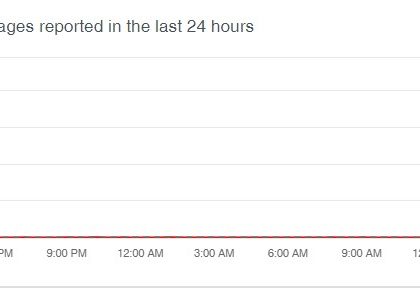MALWARE ALERT: An ‘Agent Smith’ Virus Has Infected 25 Million Phones
by CIRT Team
If you own an Android device, it might already be infected with a dangerous malware called Agent Smith, named after the menacing character in The Matrix. The malware’s already infected around 25 million Android devices globally, with thousands in Australia thought to be compromised. Here’s what you need to know.
What is Agent Smith?
As reported on Checkpoint, Agent Smith has been invading devices via dodgy third-party apps. It plasters fake ads throughout these apps to generate revenue. Once it’s in your phone, however, it can spread to other apps and does a great job of imitating them without obviously being malicious.
While its impact is limited to infiltrating apps with annoying ads, Check Point warns it has the capacity to do far more damage. It could start imitating apps like WhatsApp and stealing sensitive information like passwords and banking details.
A stack of dodgy apps have been identified in the Google Play Store. The apps, discovered by Sophos, have since been taken down but were downloaded by millions of users before Google took action.
So, how do I get rid of it?
The best way to get rid of the malware is to delete any infected apps. If an app looks a bit dodgy or isn’t behaving like it usually would, your best bet is to delete it and freshly re-install it from a trusted app store like Google Play.
Prevention is the best method, Check Point says, but with Agent Smith’s covert ways, you’ll need to be extra careful in order to avoid your device being infected.
“The malware attacks user-installed applications silently, making it challenging for common Android users to combat such threats on their own,” Check Point’s Jonathan Shimonovich said.
“Combining advanced threat prevention and threat intelligence while adopting a ‘hygiene first’ approach to safeguard digital assets is the best protection against invasive mobile malware attacks like ‘Agent Smith’. In addition, users should only be downloading apps from trusted app stores to mitigate the risk of infection as third party app stores often lack the security measures required to block adware loaded apps.”
For more, click here.
Recommended Posts

Training on cybersecurity awareness for Department of Women Affairs
25 Nov 2023 - Articles, English articles, News, News Clipping, Service










